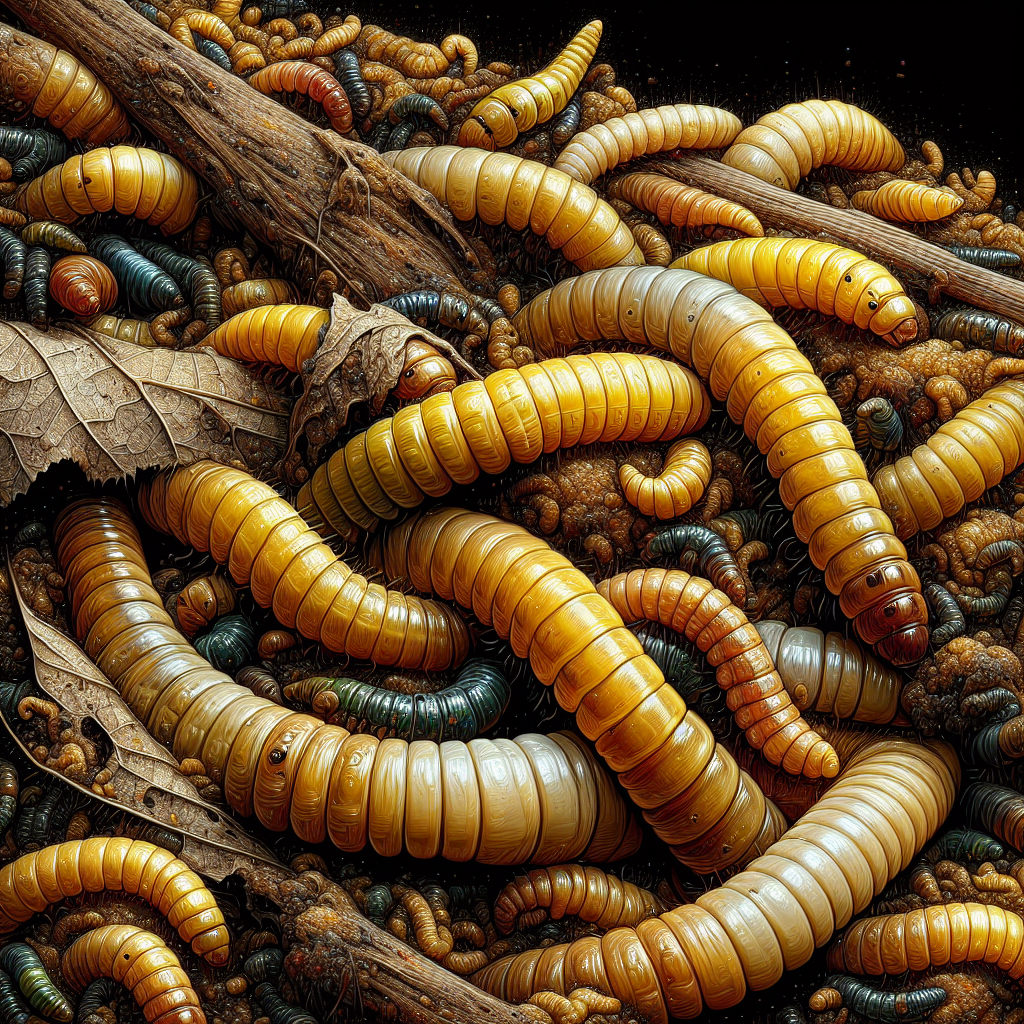Mealworms: A New Solution for Plastic Waste?
Serbian scientists are utilizing mealworms to break down polystyrene, a prevalent plastic used in packaging. This initiative, supported by international organizations, involves training mealworms to consume plastic efficiently. The result could pave the way for Serbia to enhance its recycling efforts and comply with EU standards.

- Country:
- Serbia
Serbian scientists are pioneering a novel approach to tackle the global plastic waste crisis by deploying mealworms to digest polystyrene. Larisa Ilijin, a principal research fellow at the Institute for Biology in Belgrade, explained that these mealworms can consume plastics, including those commonly found in packaging and food containers.
Backed by the government and international bodies such as the UNDP, the project aims to integrate polystyrene into the diet of these larvae, known as Tenebrio molitor. The ongoing research is adapting mealworms to break down the plastic efficiently, with the bacteria in their guts converting it into carbon dioxide and water without leaving microplastic residues.
This Serbian initiative could address the country's low recycling rates and hefty reliance on landfills, moving it closer to EU waste management standards. The team envisions expanding this biological breakdown approach, potentially using the mealworms as animal feed, opening commercial opportunities while preserving environmental health.
(With inputs from agencies.)









